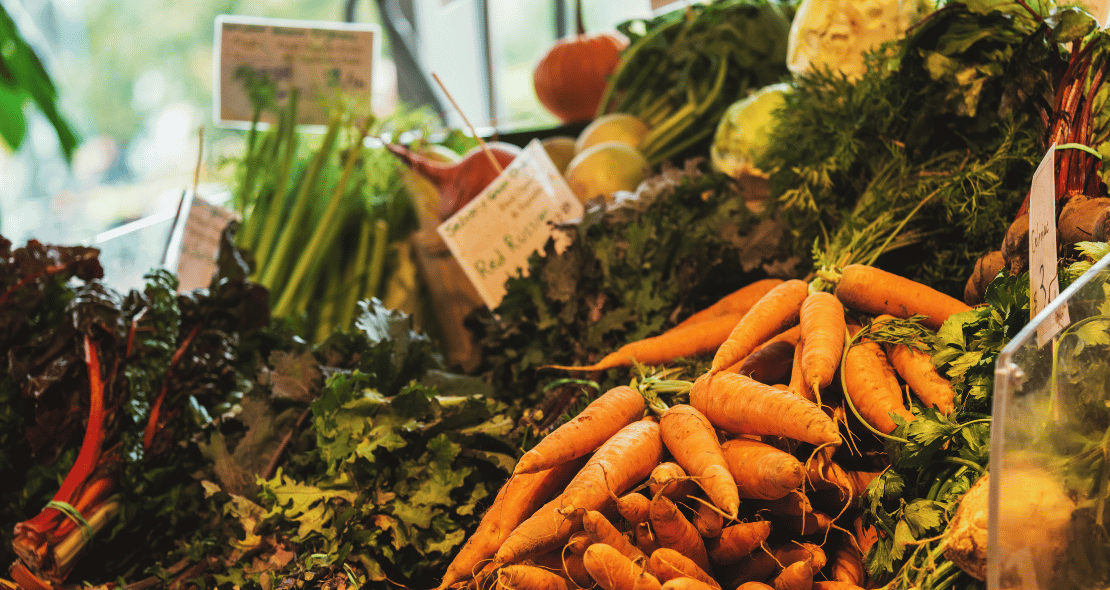The European Commission published its Agricultural Market Brief on organic farming over the period 2012-2020. The share of EU agricultural land under organic farming has increased by more than 50 % in this period. By 2020, 9.1% of the EU’s agricultural area was farmed organically.
Organic plant production farms spend much less on fertilisers and pesticides than conventional farms which is crucial for the EU to reduce its dependence on these products for geopolitical, environmental, and economic reasons. Organic arable crop farms save 75-100% on plant protection product costs per hectare and 45-90% on fertiliser costs per hectare compared to conventional farms.
On average, though with substantial variation across Member States, organic farms are bigger than conventional farms and run by younger farm managers. Echoing the growth of production, the retail sales of organic products doubled in the EU between 2015 and 2020.
The EU has also funded several research projects in the Research and Innovation framework programme Horizon 2020 (2014-2020) that focused on organic farming. These accounted for more than EUR 50 million of EU funding and involve more than 150 partners from more than 20 EU Member States, as well as associated countries and international partners. EU-funded research is addressing key areas like organic crop breeding, through projects such as ECOBREED, LIVESEED and our sister project BRESOV, which increase the availability and quality of organic seeds.

